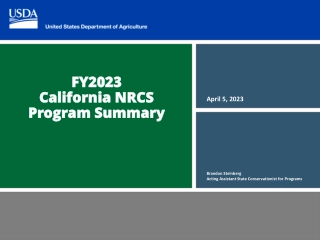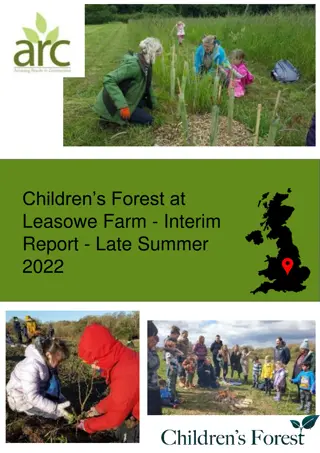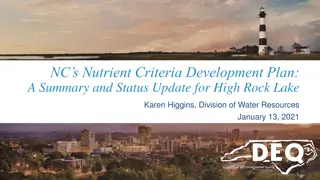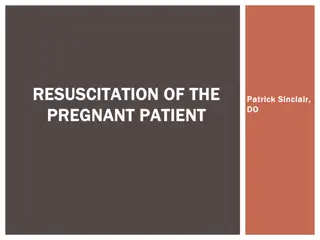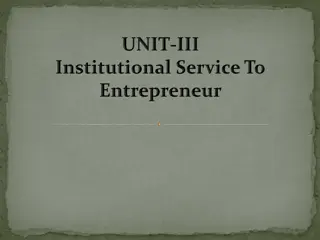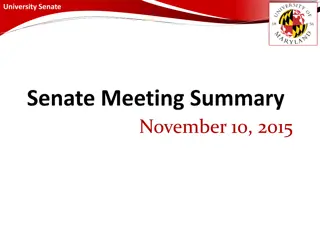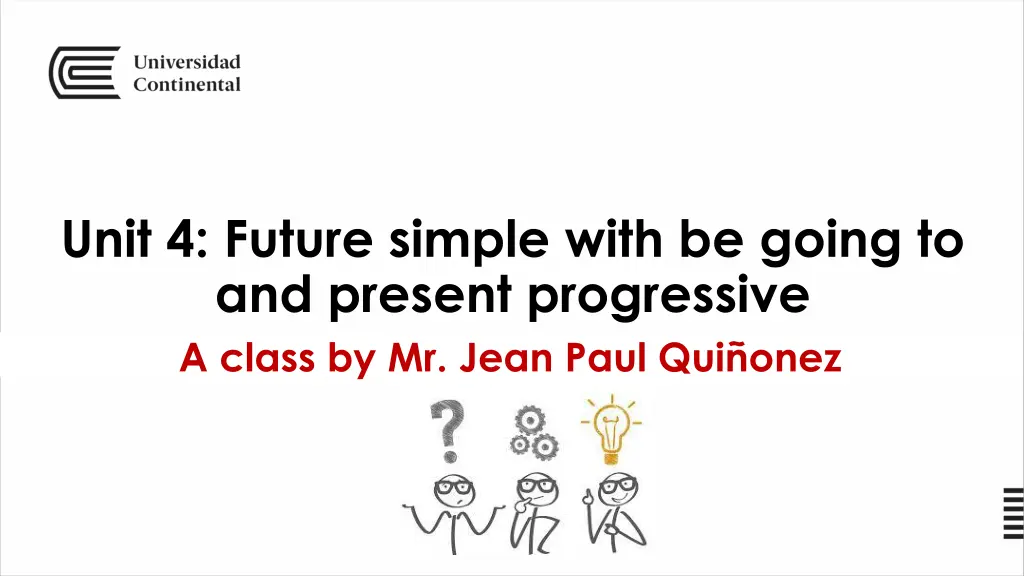
Understanding Future Tense: Be Going To and Present Progressive
Learn how to use "be going to" and present progressive to talk about future plans and decisions. Discover the grammar patterns and examples to enhance your understanding of these future tense forms.
Download Presentation

Please find below an Image/Link to download the presentation.
The content on the website is provided AS IS for your information and personal use only. It may not be sold, licensed, or shared on other websites without obtaining consent from the author. If you encounter any issues during the download, it is possible that the publisher has removed the file from their server.
You are allowed to download the files provided on this website for personal or commercial use, subject to the condition that they are used lawfully. All files are the property of their respective owners.
The content on the website is provided AS IS for your information and personal use only. It may not be sold, licensed, or shared on other websites without obtaining consent from the author.
E N D
Presentation Transcript
Unit 4: Future simple with be going to and present progressive A class by Mr. Jean Paul Qui onez
When we describe plans be going to is one of the best ways to talk about the future. Are Are you you going going to to dance Yes, I am. Yes, I am. I m dance tomorrow tomorrow night I m going going to to be in a disco. be in a disco. night? ? Pedro Pedro isn t isn t going going to to play play with with us us next next Saturday Saturday. . There There is is going going going to to test going to to be test all all the be an the unit an exam exam next unit. . next Friday, Friday, our our teacher teacher is is
BE + GOING TO + VERB IN SIMPLE FORM As we recently review This grammar pattern cannot work without the verb BE (am, is, are). This can be used either for affirmative, negative or interrogative sentences Where are you going to go tomorrow after class? I am going to drive directly home and I m to bed, I m not going to go out. going to go
When we made a previous or immediate decision over a situation. There is no bread for breakfast, so I m going to buy some at the shop. I heard that is going to be the party of the year, so we are going to be there early tonight. I didn t know about the remedial classes, but I am going to take them anyway because it s important for my course grades.
Be going to is followed by the simple form of the verb that we refer to. HOWEVER When we use the verb GO the use of going to can be reduced You are going to go to Lima on vacations. We can say You are going to Lima on vacations. Is your mother going to go to the supermarket before noon? We can say Is your mother going to the supermaket before noon? That leads us to
Present progressive with a future meaning AM / IS / ARE + VERB + ING Are you working extra time? No, I m not. I m just working a regular 9 to 5 schedule. If you use that pattern, it becomes just a sentence for momentaneous actions in present.
Then it is important to use a future time expression so that these sentences refer to the future I m sleeping after midnight tomorrow. Are we traveling to Cuzco next weekend? No, we are going in three weeks. My parents are coming back from Australia next July. Where is your sister celebrating her birthday tomorrow night? She is going to a disco and she s celebrating till 6 a.m. next day.
Its important to refer to specific times and dates Our teacher is giving an exam at 8 o clock next Friday. Are you leaving for the airport at 6 or 7 this evening? I m leaving before 6 to arrive on time. Jos isn t cooking a dish for his mother tomorrow morning.
We can also use be going to for predictions I think I am going to go to the cinema later. So you guess it s going to rain this afternoon. Where are you probably going to stay when you arrive in England? I believe we re going to stay in a cheap hotel.
As a conclusion, we can say that BE GOING TO COVERS UP TO OF CERTAINTY in future events. And PRESENT PROGRESSIVE WITH FUTURE TIME EXPRESSIONS COVERS UP TO OF CERTAINTY in future events


